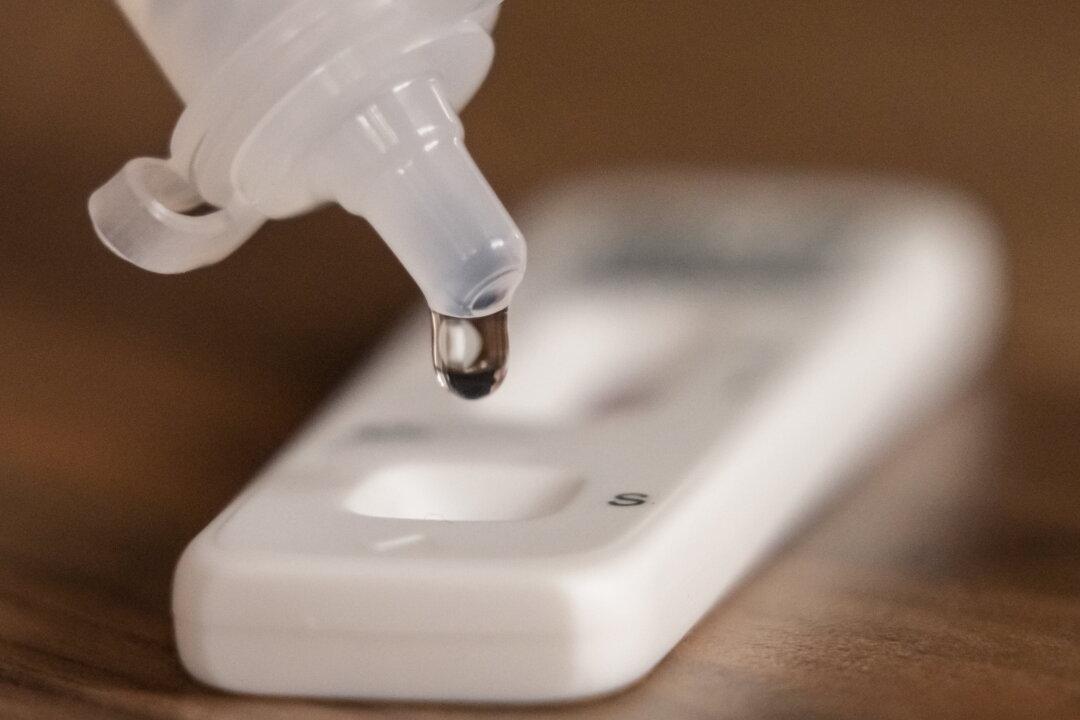Most of the COVID-19 testing will end in England from April, including symptomatic testing in care homes, the UK Health Security Agency (UKHSA) said on Friday.
The NHS COVID-19 app, which alerts close contacts of a positive case and provides advice about COVID-19, will also be closed on April 27.





